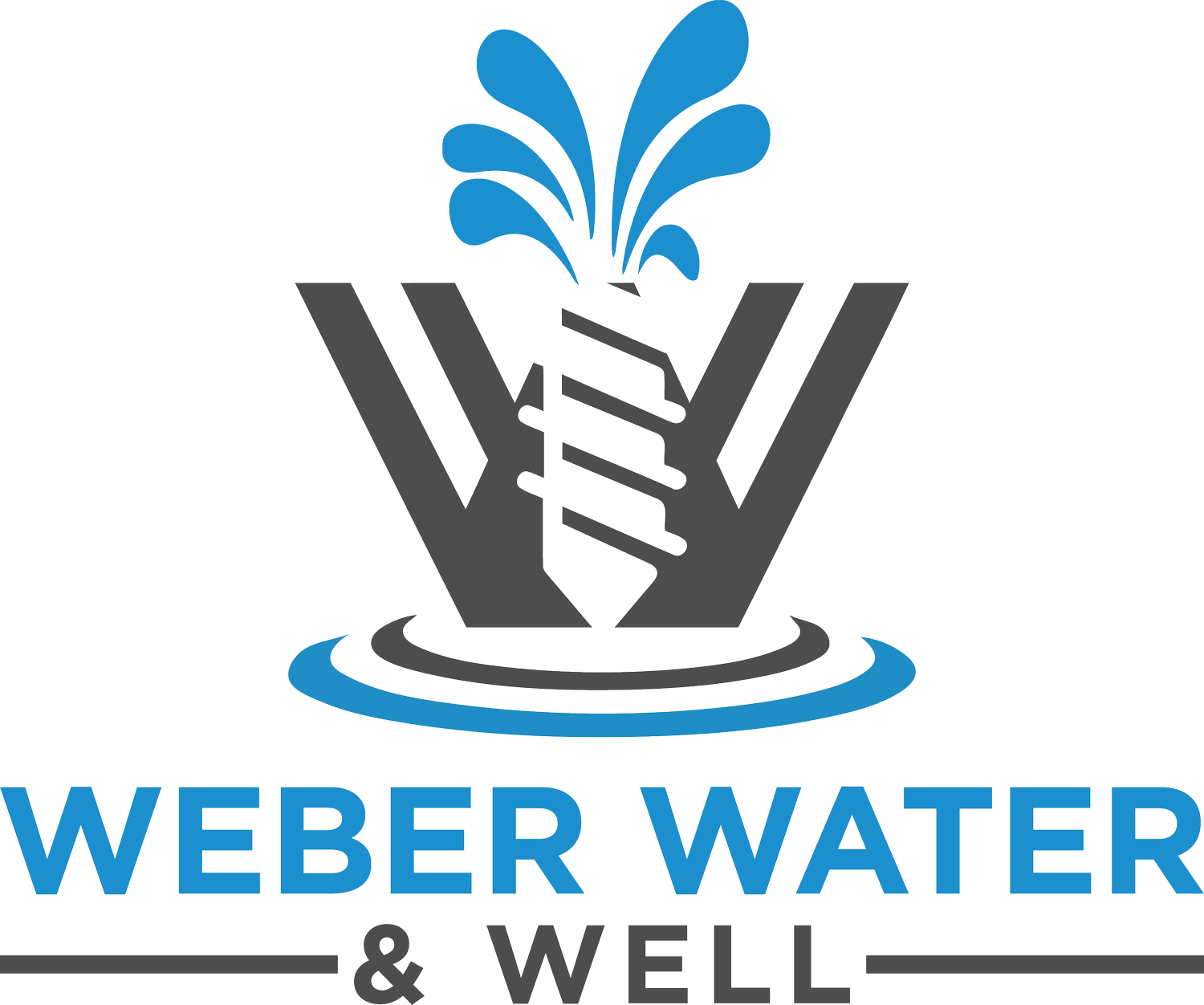The Importance of Professional Well Drilling in Sustainable Water Management
In the realm of sustainable water management, one crucial element is often overlooked—the significance of professional well drilling. The expertise and precision required in this process can have a profound impact on the availability and quality of water resources. Join us on a journey to explore the vital role that well drilling plays in ensuring a sustainable water future.
The Role of Well Drilling in Water Sustainability
When we consider water sustainability, well drilling emerges as a critical component. Professional well drillers, armed with technical knowledge and specialized equipment, have the capability to tap into underground water sources efficiently. This not only aids in meeting the water demands of communities but also reduces the strain on surface water bodies.
The strategic placement of wells is another aspect where professional expertise shines. By carefully analyzing geophysical data and local hydrogeological conditions, well drillers can identify optimal locations for drilling. This targeted approach maximizes the yield of water wells while minimizing the environmental impact.
Moreover, the maintenance and repair of well systems are crucial for long-term water management. Professional drillers play a key role in ensuring the sustainability of well infrastructure by conducting routine inspections, addressing any issues promptly, and implementing modern technologies to enhance efficiency.
In essence, the sustainability of water resources is intricately linked to the proficiency of well drilling practices. By recognizing the expertise required in this field and the positive outcomes it can bring, we pave the way for a future where access to clean water is not just a goal but a reality for all.
Factors Influencing the Success of Well Drilling Projects
The success of well drilling projects hinges on a multitude of factors. From the initial site assessment to the final installation, each step demands precision and foresight. Geological surveys play a pivotal role in understanding the subsurface conditions, guiding drillers towards productive aquifers.
Additionally, regulatory compliance forms a cornerstone of well drilling success. Adhering to environmental regulations and industry standards ensures that the drilling process is carried out responsibly, safeguarding both water quality and the surrounding ecosystem. Professional drillers understand the importance of these regulations and strive to uphold them throughout their projects.
Furthermore, technological advancements have revolutionized the field of well drilling. From advanced drilling techniques to innovative materials, the tools available to professional drillers continue to evolve, enhancing efficiency and sustainability. Embracing these advancements is crucial for ensuring the success and longevity of well projects.
Environmental Impact of Well Drilling Practices
While well drilling is vital for water access, it also poses environmental challenges that must be mitigated. The drilling process, if not executed correctly, can lead to groundwater contamination or aquifer depletion, jeopardizing local ecosystems. This emphasizes the importance of employing professional drillers who prioritize environmental stewardship.
Mitigating the environmental impact of well drilling involves practices such as proper waste disposal, adherence to drilling fluid regulations, and the use of eco-friendly drilling techniques. Professional well drillers are at the forefront of implementing these strategies to minimize their footprint and preserve natural habitats.
By integrating environmental awareness into well drilling practices, we can achieve a harmonious balance between water resource development and conservation. The expertise of professional drillers not only ensures the success of well projects but also contributes to the overall health of our ecosystems.
A Call to Sustainable Action
As we delve deeper into the world of professional well drilling, it becomes evident that the careful planning, execution, and environmental consciousness involved are key in shaping a more sustainable future. By prioritizing the proper drilling techniques and regulations, we can pave the way for a world where access to clean water is not just a privilege but a fundamental right.


